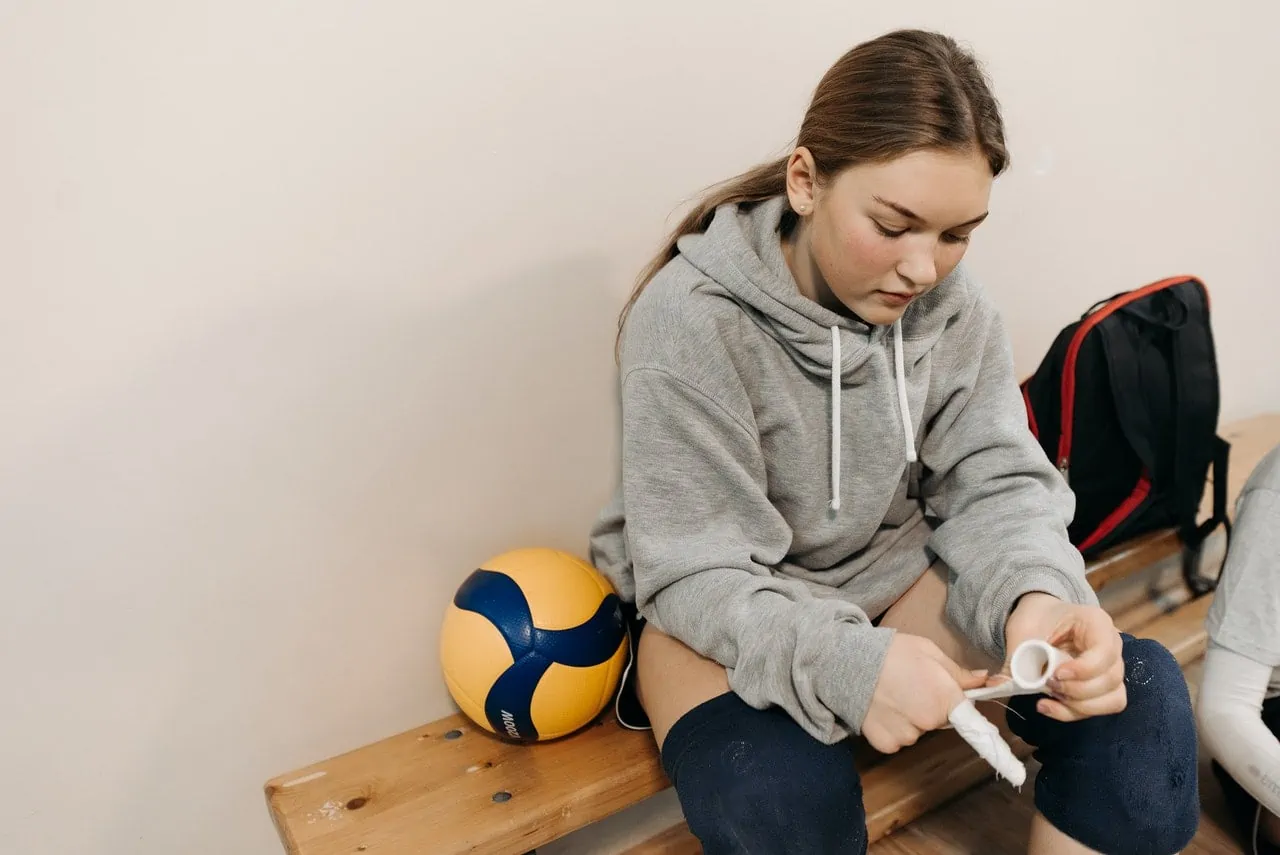
Opioid Use Disorder Among Athletes
Athletes often push themselves hard whether they are preparing for an event or trying to beat their personal bests. Along with training comes bumps and bruises. People also get more severe injuries when involved in sports, such as concussions or torn ligaments. For people who are competing, it’s considered a norm to push through the pain when recovering from an injury. Serious injuries usually come with a prescription painkiller. Doctors often prescribe opioids to help an athlete recover and get back to their game. However, addiction doesn’t discriminate. Athletes are just as susceptible to opioid use disorder as anyone else.
Why Do Athletes Become Addicted?
Athletic people who have been prescribed an opioid sometimes end up misusing it. While an athlete may be in pain, they may also find that the euphoric effects of opioids help them relax. They may take more of the drug than prescribed to intensify these feelings. This can lead to drug dependence and withdrawal symptoms when they try to quit using opioids.
Opioids can change the way a person thinks and behaves. They may cease doing things they used to love. Usually, they will make friends with other people who use their drug of choice. They may borrow or steal to help them get more drugs. Often, they will turn to illicit sources when the doctor cuts off their prescription.
This is why doctors are beginning to look at alternative pain medicine for injured athletes.
Understanding Opioid Use Disorder in Athletes
Opioid use disorder describes a person who misuses opioids even after negative consequences. Opioids can harm relationships, career prospects, and your health. Some people addicted to opioids end up in legal trouble due to their drug use.
Many athletes have trouble quitting opioids once they have misused them. When a person uses opioids over time, their body and brain will adapt to it. This means that they will need more drugs to get the same effect. This is true even if the effect they are seeking is pain relief. Most people develop a tolerance to opioids after taking them long-term.
Competitive athletes may become used to taking their pain medication before they go out on the field or begin warm-ups. This may prolong injuries because of the numbing effect of painkillers. While it may help an athlete feel good enough to compete, resting and healing acute injuries is essential. Taking medication to “push through” is an unhealthy practice that can permanently damage a person’s body.
Opioid use disorder is a progressive disease. People who use opioids tend to have more severe consequences over time, including overdoses. If you or somebody you love is struggling with opioid use, it’s an excellent time to take action.
Medication-Assisted Treatment
Opioid use disorder is a disease of the brain. Many people try to quit using opioids on their own, only to discover that they have severe withdrawal symptoms. Medication-Assisted Treatment is the gold standard of healthcare for people with opioid use disorder. We can provide it to anyone in North Carolina via telehealth. Get in touch to learn more about your treatment options at 910-295-7246.
If you are in need of help, please call us at: 910-295-7246 or message us.
Categories
opioids
